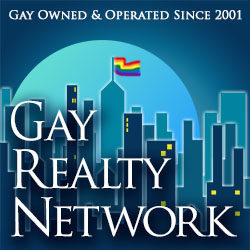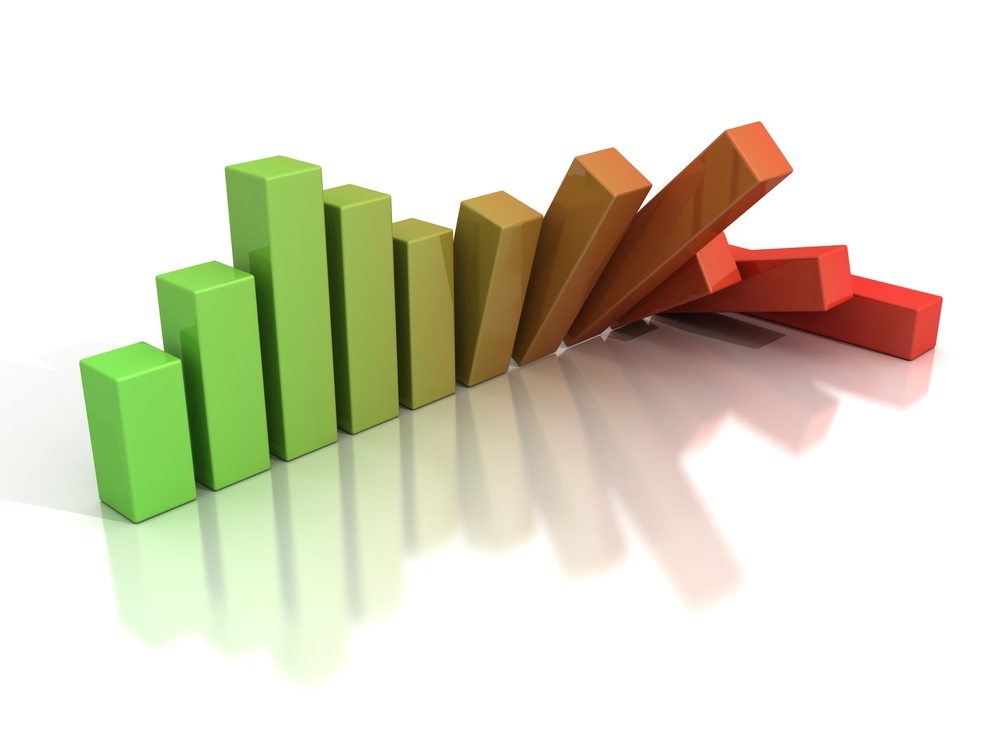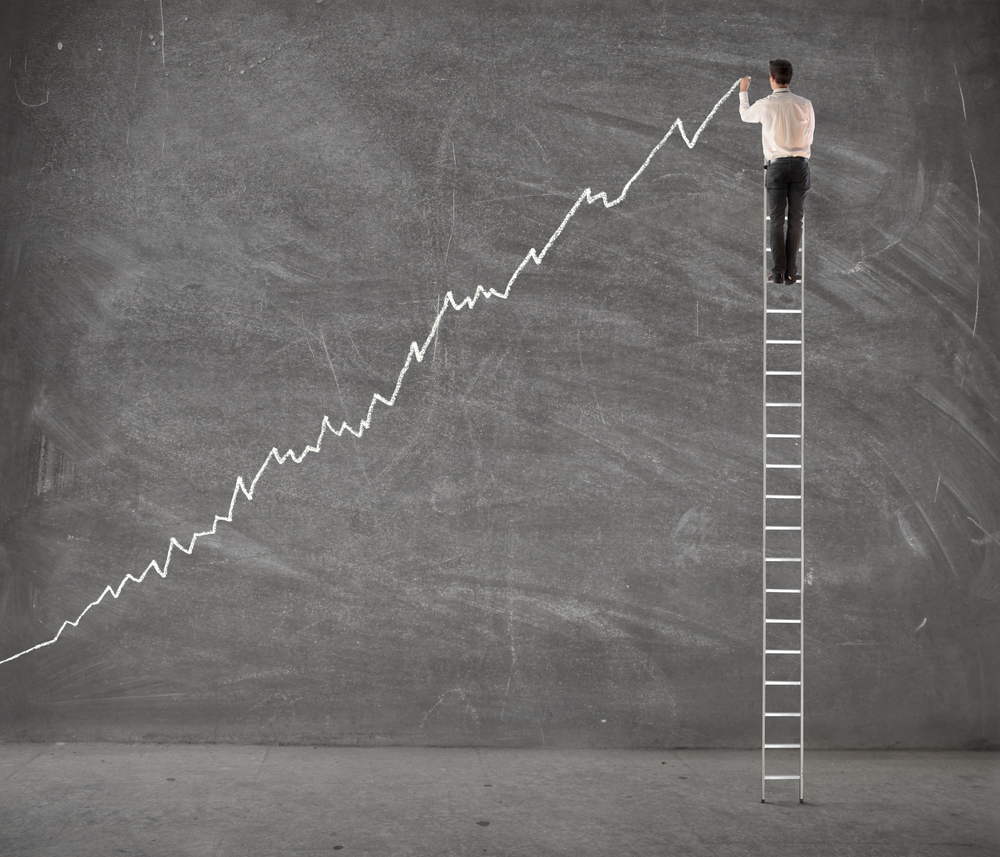No city exemplifies the mania of the Covid-era U.S. housing market better than Boise, Idaho, where prices have surged by more than 30% in the past year. But in a sudden reversal, buyers are now the ones with power.
Asking prices for houses are being slashed. Bidders no longer have to waive inspections to win over sellers juggling multiple offers. Demand has slowed so much it’s like a light switch suddenly turned off, said Dominic Zimmer, a local Realtor.
“You’re seeing the fear of missing out switching from buyers to sellers,” Zimmer said. “Now sellers are afraid of not scoring the way they saw their neighbors do a year ago.”
Is the US Housing Market Slowing Down?
The cracks in one of the nation’s hottest housing markets mark an early signs of the housing market slowing down. That the US boom — fueled by low mortgage rates and remote-work moves — is losing intensity. While much of the country is still seeing record price increases and plunging listings, in some destinations builders who could hardly put up homes fast enough now have inventory sitting.




